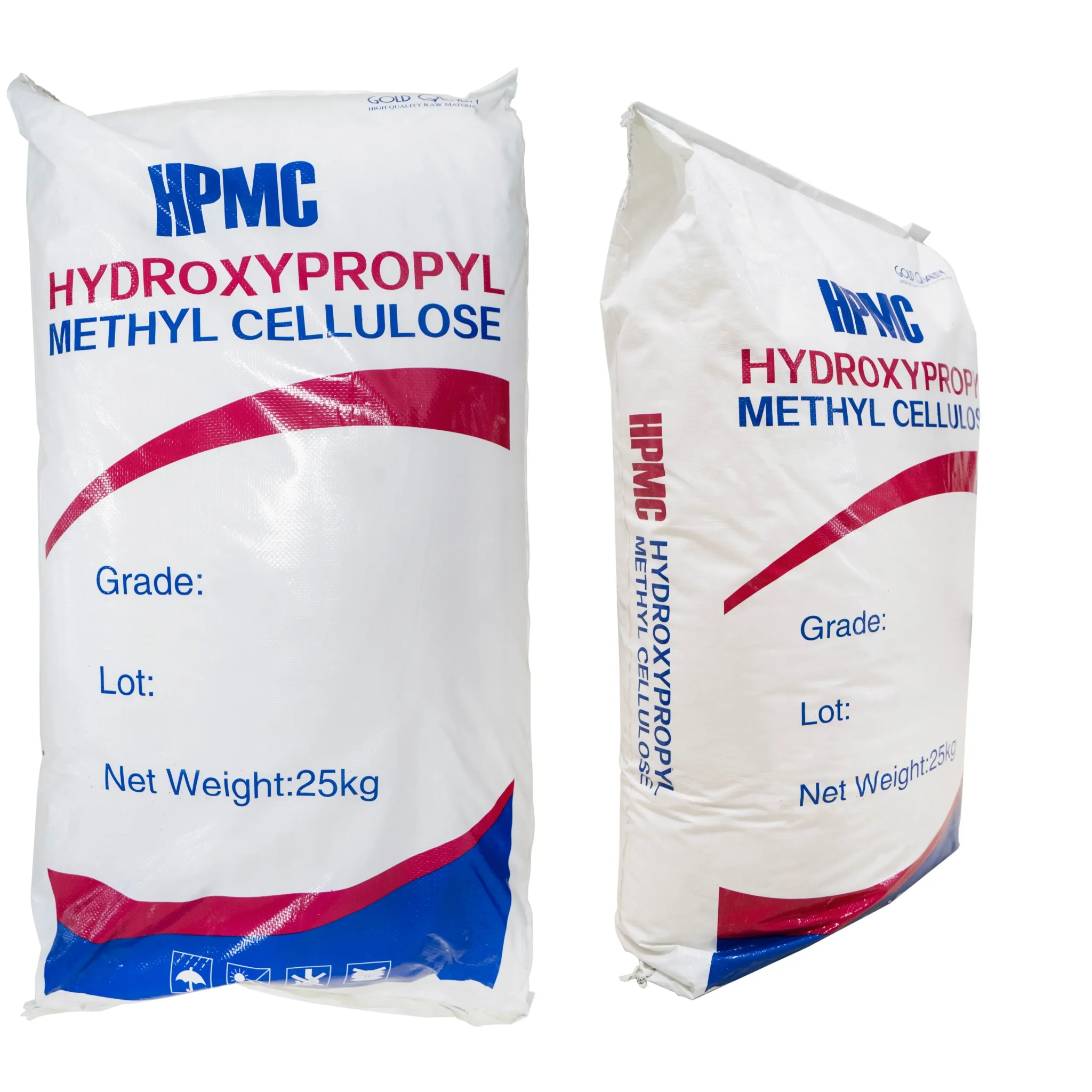
The demand for qualified professionals in occupational health is rising, yet many students are frustrated with the quality and effectiveness of diploma occupational health courses. While these programs promise to build careers, the harsh truth is that most fall short. They lack structure, practical relevance, and tailored preparation for real-world certification exams. In this article, we explore the core reasons why most diploma occupational health programs fail—and what students should look for instead
Lack of Exam-Oriented Content
One of the primary reasons diploma occupational health courses fail is that they do not align with the actual exam format and standards. Students enroll in these courses with the goal of earning a recognized certification, yet they are often overwhelmed with broad, outdated, or irrelevant content
Many programs prioritize theoretical knowledge without mapping it to the specific question patterns, case studies, and applied scenarios commonly found in occupational health diploma exams. This disconnect leaves students underprepared, anxious, and ultimately unsuccessful when it’s time to take the exam
Generic Curriculum with Minimal Specialization
The field of occupational health is highly specialized. A strong diploma occupational health program should address risk assessment, workplace safety regulations, occupational diseases, ergonomics, and toxicology in a focused manner. However, many diploma courses offer a generic curriculum that barely scratches the surface
When the course content fails to cater to real-world industry standards, students graduate without practical skills or confidence in their abilities. This gap significantly reduces their employment potential and professional competence
Poor Instructor Expertise and Engagement
Another major flaw in most diploma occupational health courses is the lack of qualified and experienced instructors. Often, institutions assign general medical educators who have limited or no field experience in occupational health
Instructors without deep domain expertise are less likely to explain complex topics in a way that’s both accurate and understandable. Worse, their inability to connect theory to practical scenarios leaves students confused and unmotivated to continue learning
Absence of Continuous Assessment and Feedback
Feedback is crucial in any learning process, especially in a professional certification course. Yet many diploma occupational health programs do not offer regular assessments or personalized feedback. Without structured testing and insights into performance, students have no way to gauge their progress
This lack of accountability leads to missed opportunities for improvement and compounds the failure rate. Quality programs like those offered at DiplomaMCQ, in contrast, provide frequent mock tests and feedback loops to help students succeed
Limited Access to Updated Study Materials
Occupational health is a constantly evolving field. Regulatory changes, new workplace hazards, and updated safety protocols mean that course content needs to be current and well-researched. Unfortunately, many diploma occupational health courses still rely on outdated textbooks and handouts
Students who rely on stale content are often unprepared for modern workplace challenges and changes in exam formats. This is one of the most critical—and preventable—reasons why diploma occupational health courses fail to deliver results
Inflexible Learning Formats
The modern learner needs flexibility. Many professionals pursuing a diploma occupational health certification are working individuals who cannot commit to rigid classroom schedules. Despite this, many institutions continue to follow traditional teaching models without offering digital or hybrid alternatives
Without recorded lectures, mobile-accessible quizzes, and adaptive learning modules, students are unable to keep pace or engage meaningfully with the content. At DiplomaMCQ, this barrier is eliminated through our fully online, on-demand learning platform
Lack of Real-Life Application and Case Studies
A core component of effective occupational health training is the ability to apply knowledge in real-world scenarios. Courses that fail often overlook case-based learning, workplace simulations, and practical assignments. This leaves students ill-equipped to handle real-life occupational health responsibilities once they enter the field
DiplomaMCQ addresses this issue by integrating scenario-based MCQs that replicate actual workplace cases, helping learners bridge the gap between theory and practice
No Community or Peer Support
The learning journey can be isolating, particularly in a technical field like occupational health. Courses that ignore the importance of peer-to-peer interaction and mentorship reduce the chances of student success. Without a support system, students lack motivation, clarity, and accountability
On the other hand, programs that build a strong student community—through discussion forums, expert Q&A sessions, and mentorship opportunities—enable better collaboration and faster concept retention
How DiplomaMCQ Solves These Problems
At DiplomaMCQ, we understand why most diploma occupational health programs fall short—and we’re committed to fixing it. Our platform is designed specifically for professionals preparing for occupational health certification exams
Here’s how DiplomaMCQ is different
- Focused MCQ Practice aligned with real exam standards
- Expert-Curated Content updated regularly to reflect current regulations and workplace realities
- Scenario-Based Learning that improves practical decision-making
- Progress Tracking Tools with detailed feedback
- Flexible Online Access that fits into your busy schedule
We eliminate unnecessary content and focus only on what truly matters—getting you certified and competent in occupational health medicine
Conclusion: Choose Smart, Not Popular
Most diploma occupational health courses fail because they ignore the real needs of the learners—exam preparation, updated content, practical application, and flexibility. Instead of wasting time and money on outdated programs, choose a platform that is designed with success in mind
DiplomaMCQ is not just a course provider; it is a learning partner committed to helping you master occupational health and pass your exams with confidence. If you’re serious about advancing your medical career, it’s time to enroll in a program that actually delivers results
Frequently Asked Questions (FAQs)
1. Why do diploma occupational health courses have such low success rates?
Most courses are outdated, poorly structured, and lack alignment with exam patterns and current workplace realities
2. What should I look for in a quality diploma occupational health program?
Choose a program that offers updated content, expert instructors, practical scenarios, and frequent assessments. Online flexibility is a big plus
3. How does DiplomaMCQ improve my chances of passing the exam?
DiplomaMCQ offers targeted MCQ practice, real-life case simulations, and progress tracking—all tailored to help you succeed in the diploma occupational health certification exam. From expert tips to trending updates, it’s all available on our main page.





